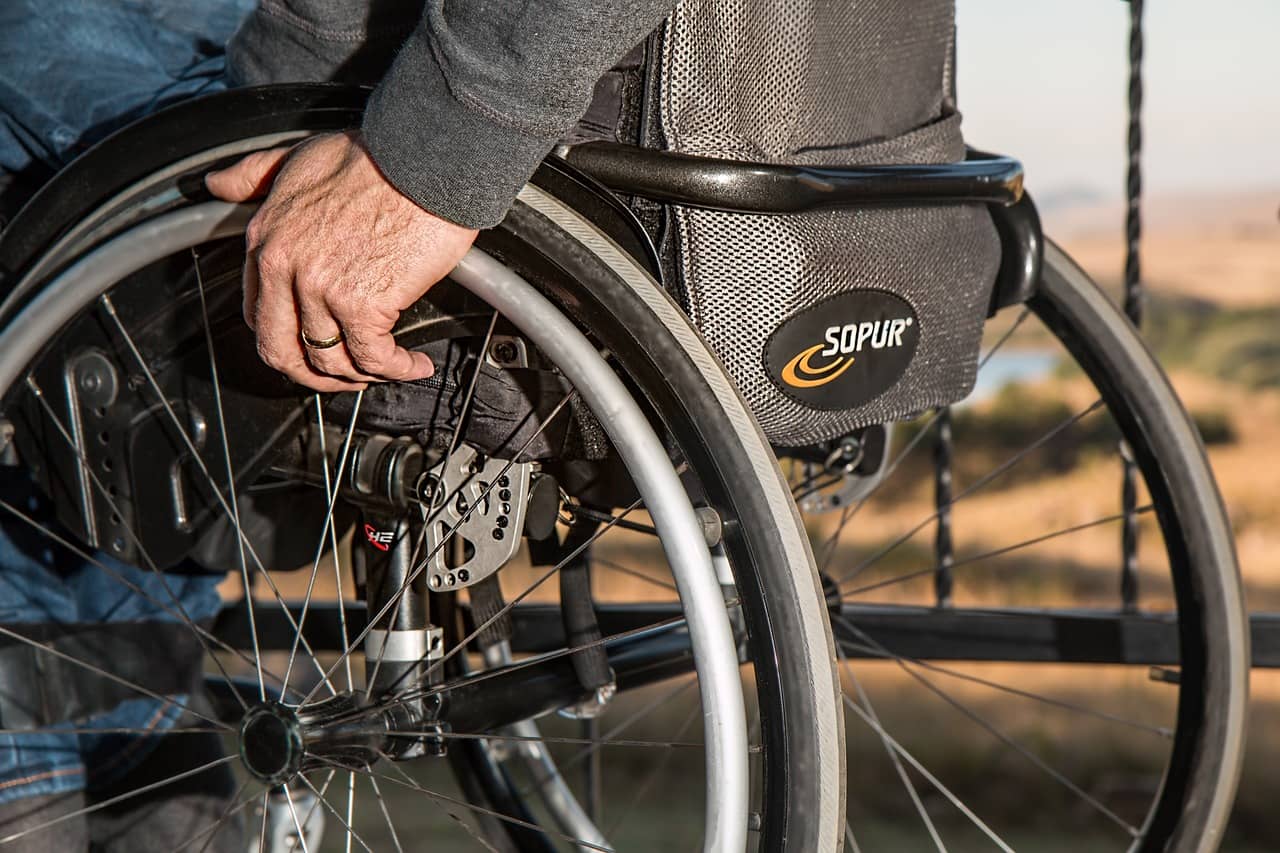
AVOCAT NICE – PERSONAL INJURY
Taking into account the needs of victims who have become quadriplegic: issues and legal implications
When a person becomes quadriplegic as a result of an accident or the fault of another person, the repercussions on his or her daily life are major and permanent.
This situation leads to increased dependence on daily tasks, constant care and the need to adapt the living environment to guarantee a minimum of comfort and autonomy.
In France, the legal framework for personal injury compensation provides for these needs to be taken into account in the assessment and compensation of damages.
- Full compensation for personal injury: a fundamental requirement
The notion of full compensation is a fundamental principle of French tort law.
According to this principle, the victim of bodily injury must be compensated in such a way that his or her injury is fully made good, without loss or gain.
Full compensation covers not only medical and rehabilitation costs, but also the need to adapt daily life.
For a person who has become a quadriplegic, full compensation means taking into account several categories of loss, in particular:
– Current and future health expenses: medical care, rehabilitation, medical equipment.
– The need for permanent assistance from a third party: home help with daily care and everyday tasks.
– Adaptation of the home and vehicle: adaptations to enable full accessibility, both inside and outside the home.
– Moral prejudice and loss of enjoyment of life: loss of autonomy and pleasure in life, often compensated in the form of “pleasure prejudice” or “moral prejudice”.
– Loss of opportunity to build a traditional family life.
The aim of full compensation is to restore the victim, as far as possible, to the living conditions he or she would have had in the absence of the aid.
- Living arrangements: a right to dignity and autonomy
Tetraplegia, which is characterized by paralysis of all four limbs, imposes a total upheaval on the way in which the affected person lives his or her daily life.
This situation calls for considerable adjustments to the home and mode of transport in order to meet the requirements of comfort, safety and autonomy. Necessary adaptations include :
– Home adaptation: creation of adapted access, installation of ramps, widening of doors, installation of a bathroom and kitchen adapted to the handicap situation.
– The use of technological devices: automated equipment (home automation) enabling the victim to control certain elements of his or her environment independently (opening doors, managing lighting, etc.).
– Vehicle adaptation: for victims able to drive an adapted vehicle, or the acquisition of specialized means of transport.
Although essential, these adaptations represent significant costs which must be covered by the compensation.
What’s more, they will have to be renewed several times over the course of a lifetime.
The right to dignity and the right to autonomy are the guiding principles here: tetraplegic victims must be able to benefit from a living environment that enables them to live in conditions that respect their human dignity.
III. Needs assessment and case law in tetraplegia cases
Assessing the specific needs of a tetraplegic victim in terms of living arrangements is often based on medical-legal expertise.
In assessing compensation, the judge relies on the opinions of medical and ergonomic experts, who determine concrete needs in terms of home improvements, human assistance and technological equipment.
The French Supreme Court regularly reiterates that compensation must cover all the victim’s current and future needs, including those relating to home improvements and third-party assistance.
More recently, French courts are increasingly recognizing loss of autonomy, with a particular focus on the need for permanent assistance from a third party and home improvements.
What’s at stake?
Taking into account the needs of a quadriplegic victim in terms of living arrangements is a key issue in compensation law.
This area highlights the centrality of the principle of full reparation, which implies compensation covering not only medical care, but also the adaptation of the living environment to enable the victim to live in dignified and autonomous conditions.
Living arrangements, whether physical or technological, are part of the compensation process.
